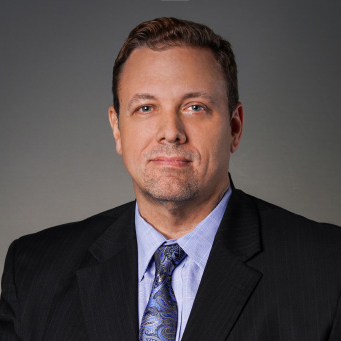
Eligibility under the Longshore Act:
If you are injured on the job as a Longshoreman, you may be entitled to both medical and compensatory benefits under the Longshore and Harbor Worker’s Compensation Act (LHWCA). The Florida Longshore claim process is complicated. In order to receive such benefits, you first file a claim with the Department of Labor’s Longshore Division. This article provides an overview of the claims process.
Longshore Deadlines:
Under the Longshore Act, you must within thirty days, in most cases, notify your employer of any injury that causes you to miss a shift. There are exceptions, such as if you sustain, for example, a shoulder injury and you are not disabled immediately and you work through the shoulder injury until you cannot work any longer. In cases, like this you must report the injury within thirty days after you know, or reasonably should have known, the you missed work because of the injury.
Longshore Notice of Injury or Death:
You should file a Notice of Employee Injury or Death (LS-201). Here, you will state the name of your supervisor at the time of the injury, your background information, the details of the incident (cause of injury) and the effects of your injury. You should provide a copy of the form to your supervisor and also file it with the Department of Labor’s Office of Workers’ Compensation Programs.
Medical Benefits under the Longshore Act:
After filing the LS-201, your compensation should commence as well as medical care. Note that you are entitled to choose your own physician. Do not go to a physician that the insurance company chooses. You will probably be contacted by the Longshore insurance carrier for a recorded statement. It is best that you consult with an attorney experienced in Longshore claims at this stage. A Longshore attorney will prepare you for the recorded statement and attend the recorded statement with you.
Longshore Claim for Compensation:
You should also file an Employee’s Claim for Compensation (LS-203) following your injury. If you retain an attorney, he or she will complete this with you. It is important that you provide the correct information in the LS-203, including the correct average weekly wage. If the insurance carrier does not pay you, or pays you less than you should receive or if the insurance company does not authorize medical care recommended by your physician-of-choice, you may seek a recommendation from the Department of Labor’s Longshore and Harbor Workers’ Compensation Division (DLHWC). Here, a claims examiner will hear from both sides and issue a recommendation regarding your entitlement to compensation and medical benefits. Again, you should hire an attorney if you have not already. The insurance company will have an attorney. So, should you. Attorneys will not charge you a fee as all fees must be approved by the Department of Labor. In sum, Longshore attorneys are paid by the insurance companies after obtaining a benefit for their Longshore clients. If you do not hire an attorney, you must ensure that the claims examiner has all relevant wage and medical records well in advance of the telephonic informal conference.
Following an informal conference, typically by telephone, a claims examiner at DLHWC , will issue a recommendation in the form of a memorandum. If the insurance companies agrees, then your claim continues and you will receive the compensation you requested and/or medical care. If the insurance companies disagrees, you will need to request a formal hearing before a federal administrative judge. The judge will then set a hearing and make a determination.

At any point in the process, the insurance carrier and injured worker may settle the case in full with DLHWC approval.
Florida maritime attorney, Tim Nies, is experienced in representing Longshoremen injured at Florida’s ports, including Longshoremen injured at Port Everglades, Port Canaveral, JAXPORT, Port of Miami, Port Tampa Bay. The Florida Longshore claim process is complex. For a free consultation regarding the Longshore claim process, call 561-894-9862.